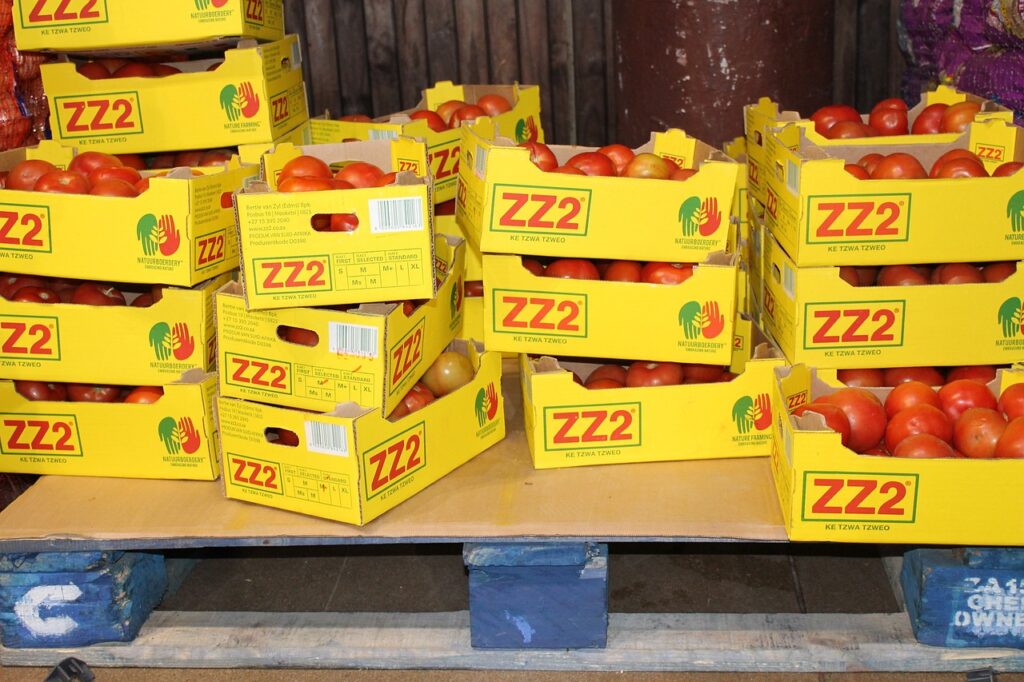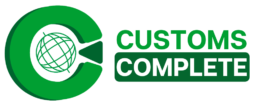In August 2023, the UK introduced a new strategy for managing the influx of goods from the EU, including Ireland, into the UK. This strategy, known as the Border Target Operating Model (BTOM) is scheduled to commence its initial phases in January 2024. It is imperative for all Irish traders to proactively prepare for these forthcoming changes.
New Requirements:
The recently implemented controls carry ramifications for all Irish exporters to the UK, with a notable emphasis on agri-food exporters. The UK Border Target Operating Model encompasses guidelines regarding customs procedures as well as sanitary and phytosanitary (SPS) requirements.
Timelines for Implementation:
31 January 2024:
- Medium risk animal products, plants and plant products being imported to the UK from the EU (including Ireland) will need export health and phytosanitary certificates.
- Imports of SPS goods from Ireland to the UK will now require pre-notification on the UK’s SPS import system, IPAFFS. This measure has already been in place for all other EU countries since the 1st of January 2022.
30 April 2024:
- Medium risk animal products, plants and plant products being imported from the EU (excluding Ireland) into the UK will now be subject to documentary, physical and identity checks at the border before entry.
- High risk plants and plant products are already subject to inspections before entry. These inspections will be moved from point of destination in the UK to a UK Border Control Post.
31 October 2024:
- EU imports will require safety and security documents upon arrival.
- Irish exports composing of medium risk animal products, plants, plant products, high risk food and feed of non-animal origin being imported into the UK will now under-go documentary, risk-based identity and physical checks at ports along the United Kingdom’s west coast.
- This will encompass a broader spectrum of agricultural and food products compared to the current situation. It will now include items such as those derived from animals and all regulated plants and plant-based products.
The date for the commencement of physical checks for non-qualifying goods moving from the island of Ireland will be confirmed in Autumn 2023.

Risk Categories for UK Imports:
Products are split into three categories, high, medium and low risk products. These categories are defined by the UK government. A products level is determined by a number of factors such as country of origin and the nature of the product.
Low-Risk:
- Plant and plant products coming into the UK from the EU will not require pre-notification.
- Pre-notification is required for animal products coming from the EU from the 31st of January 2024 onwards.
- An export health certificate is not required for any low-risk products coming from the EU.
- A commercial invoice from the goods exporter is required to allowed traceability.
Medium-Risk:
- All medium risk goods must be pre-notified on IPAFFS from the 31st of January onwards.
- An export health certificate is required for medium risk goods after the 31st of January. The certificate must be issued by the competent authority in the country from where the goods originate.
- Medium risk goods may be subject to physical checks from the 31st of October 2024.
A date for the start of Border Control Post SPS entry controls for Irish goods moving into the UK will be confirmed in late 2023.
High-Risk:
- Every high-risk consignment requires pre-notification on IPAFFS.
- Each product must have an export health certificate issued by the competent authority in the country from where the goods originate.
- Most high-risk consignments are already subject to physical import checks.
The Impact The Border Target Operating Model Will have on Businesses and Individuals:
- Increased Administrative Burden: Businesses trading between the UK and the EU will be required to deal with complex customs procedures. This will result in an increase in administrative burden. This may involve hiring customs experts and/or implementing specialised customs software.
- Supply Chain Disruptions: Disruptions in supply chains are the result of the increased delays and costs that come with the new regulations.
- Opportunities for Innovation: Some businesses have managed to leverage the changes brought about by BTOM into opportunities to streamline and optimise supply chains. This is because some companies may look at alternative transportation routes which can end up being more efficient than the route they were using originally.
- Compliance and Regulatory Challenges: Companies will need to stay on top of all new regulations as failure to comply may result in fines and delays. To combat this many companies are hiring customs and compliance experts.
How to Effectively Navigate The Border Target Operating Model:
There are several actions you can take in order to best prepare you and your business for the upcoming BTOM regulations. These include:
- Education and Training: Investing in employee training is crucial when it comes to understanding BTOM and all the customs issues that come with it.
- Consulting Experts: Consulting with customs and trade agents can be very beneficial. They can offer invaluable guidance in navigating the complexities of BTOM and in ensuring compliance with all new regulations.
- Digital Tools and Software: Utilising digital tools and software can help streamline processes and reduce administrative burden.
If you would like to learn more about the UK’s Border Target Operating Model regulations, you can visit HMRC’s website at: https://www.gov.uk/government/organisations/hm-revenue-customs
Also, if you would like to learn more about importing and exporting goods to and from the UK, please visit our blog page at: https://customscomplete.com/blog/. We have many helpful blogs that can inform you on any upcoming regulations that may affect trade between the UK and Europe.
Get in Contact for a Free Consultation

